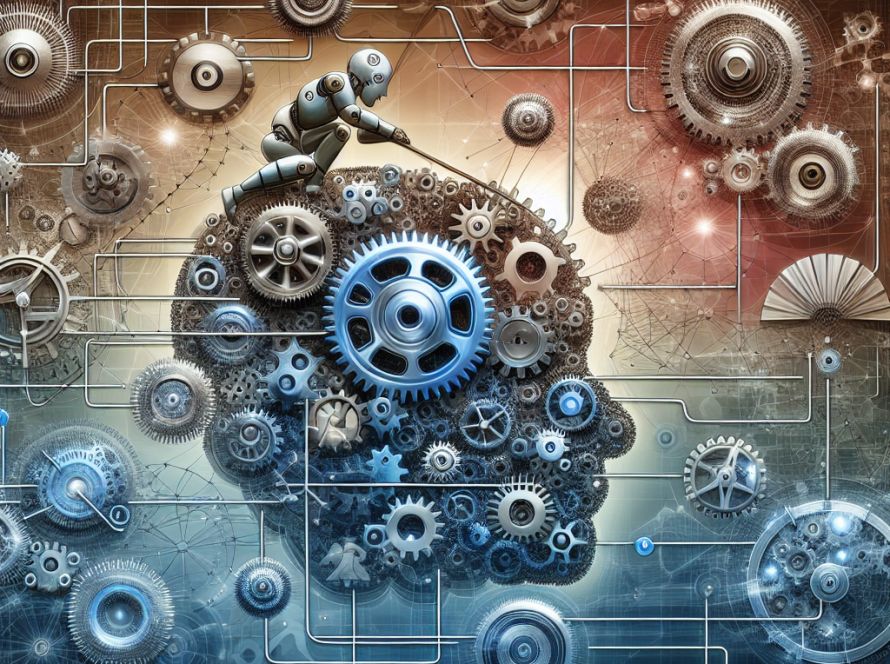AI in healthcare isn’t about replacing human doctors but about augmenting their abilities, like the synergy between Luke Skywalker and R2D2 in Star Wars. Rather than extra ‘boots on the ground,’ AI serves as extra ‘circuits on the ground,’ helping clinicians navigate obstacles in patient care swiftly and efficiently.
AI has come a long way since its theoretical inception in the 1950s. It has evolved from an inkling to a crucial part of our daily lives, suggesting entertainment on Netflix or YouTube, or aiding in clinical workflows. The growth of AI in healthcare is down to increased computing power, the extensive use of electronic health records (EHR), and advancements in natural language processing (NLP) and computer vision.
AI has its role in augmenting physicians rather than replacing them. Even though the phasing out of radiologists by AI has been predicted, the thought that AI can replace humans in every industry equally is not accurate. Industries like healthcare operate on different stakes compared to those like manufacturing.
Envision Healthcare’s lung blood clot study is a perfect example of AI’s limitless impact on healthcare. They found that while AI was better at identifying true positive cases, radiologists were stronger at identifying true negatives. Hence, when AI’s sensitivity is combined with a radiologist’s specificity, both parameters are optimized for significantly higher accuracy.
With its potential to reduce radiology turnaround times, identify high-risk patients in need of consulting, and reduce physicians’ workloads, thus mitigating burnout, AI provides significant benefits to healthcare today.
The rapid adoption of AI in healthcare is evident from the FDA’s recent approval of 882 AI/ML-enabled devices, a rise of 191 from previous numbers. Aidoc’s AI, which currently analyzes over two million patients a year, has led its CEO, Elad Walach, to suggest that 30% of patient care already benefits from clinical AI solutions.
As healthcare moves forward, it’s clear that the era of single use-case applications for AI is over. To have a tenable, scalable AI strategy, health systems need to consider a platform approach, where multiple algorithms work together via a protocol-agnostic, single user interface. As a result, healthcare AI conversations today are focused on vendor consolidation, confirming the move away from single use-case developers towards platforms that can integrate data normalization and workflow into a single point of contact. The future seems promising for the role of AI in healthcare and its potential benefits to patient care.


